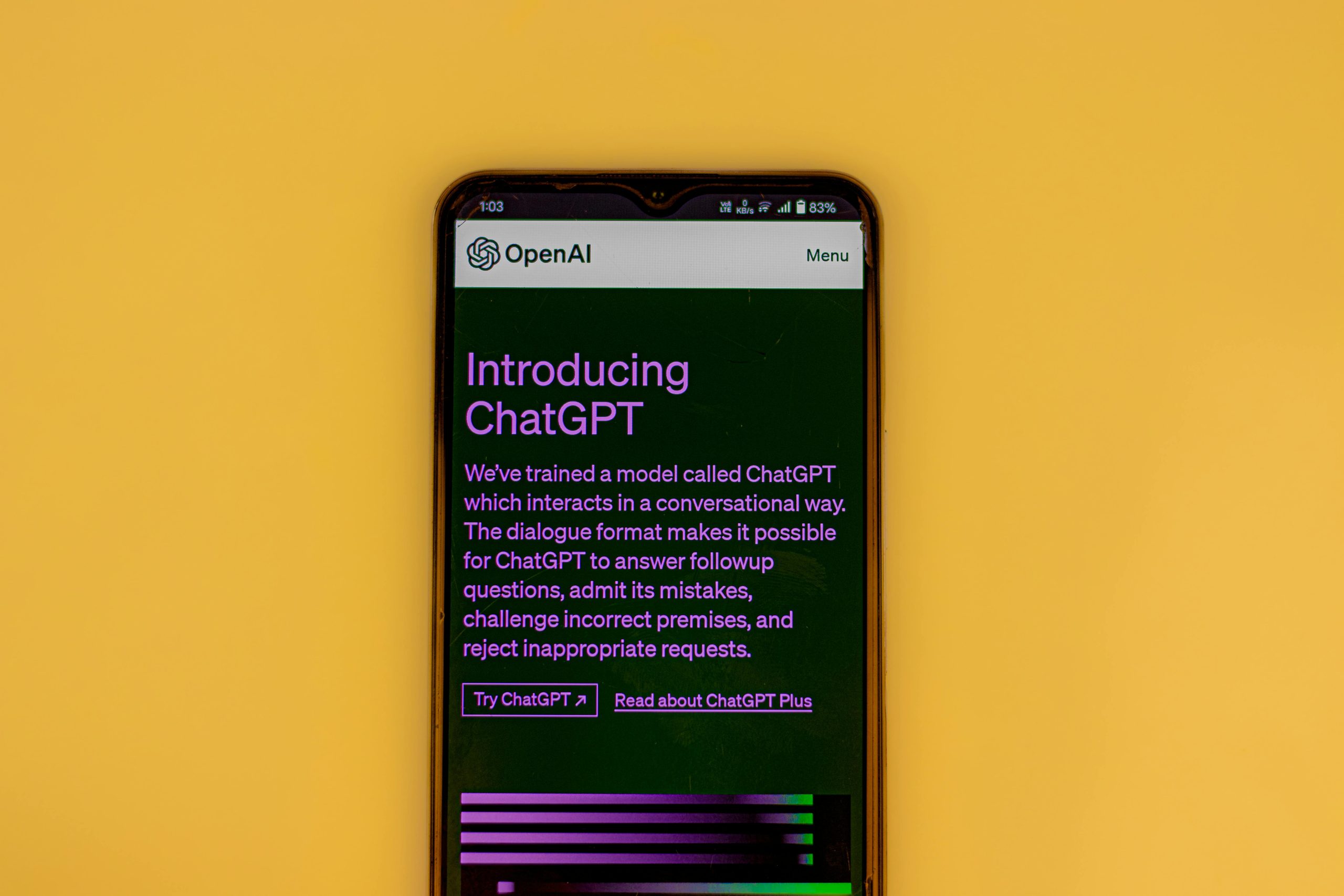Using Ai to learn more about Nano Banana experience
Exploring the Limitations and Capabilities of AI: A Case Study of Nano Banana and Google’s Gemini
In today’s rapidly evolving technology landscape, artificial intelligence (AI) tools are becoming essential resources for research and discovery. Recently, I encountered an intriguing incident that highlights both the potential and current limitations of AI-powered assistants.
This morning, news broke about a new Google product named Nano Banana. Curious to learn more, I decided to leverage AI to gather insights. As a habitual user of ChatGPT, I naturally turned to it first. However, aiming to explore other AI platforms, I also downloaded Google’s Gemini and posed a query regarding Nano Banana. (For reference, I’ve included a screenshot of this interaction.)
To my surprise, Gemini appeared unfamiliar with Nano Banana, despite both being products from Google. Instead of providing relevant information, the AI responded with details related to a science fiction meme trend, which was clearly unrelated. Recognizing this misalignment, I supplied additional details—specifically, that Nano Banana is a recent Google product focused on photo editing. In response, Gemini updated its understanding and correctly identified Nano Banana.
As someone who is both a passionate advocate of AI tools like ChatGPT and knowledgeable about technology, this experience was eye-opening. It underscores that even advanced AI models can sometimes provide inaccurate or outdated information, especially when encountering new products or concepts. The discrepancy between Gemini’s initial response and subsequent correction raises important questions about the reliability, training data, and updating mechanisms of AI assistants.
This incident emphasizes the importance of critical evaluation when using AI for research. While AI tools are powerful and continue to improve, they are not infallible. Users should verify facts from multiple sources and remain aware of each platform’s limitations.
In conclusion, as AI becomes more integrated into our daily workflows, understanding its strengths and vulnerabilities is crucial. The Nano Banana case serves as a valuable example of the ongoing need for human oversight and continuous AI development to ensure accuracy and trustworthiness.
Stay tuned for more insights into AI developments and how they impact our digital landscape.














Post Comment